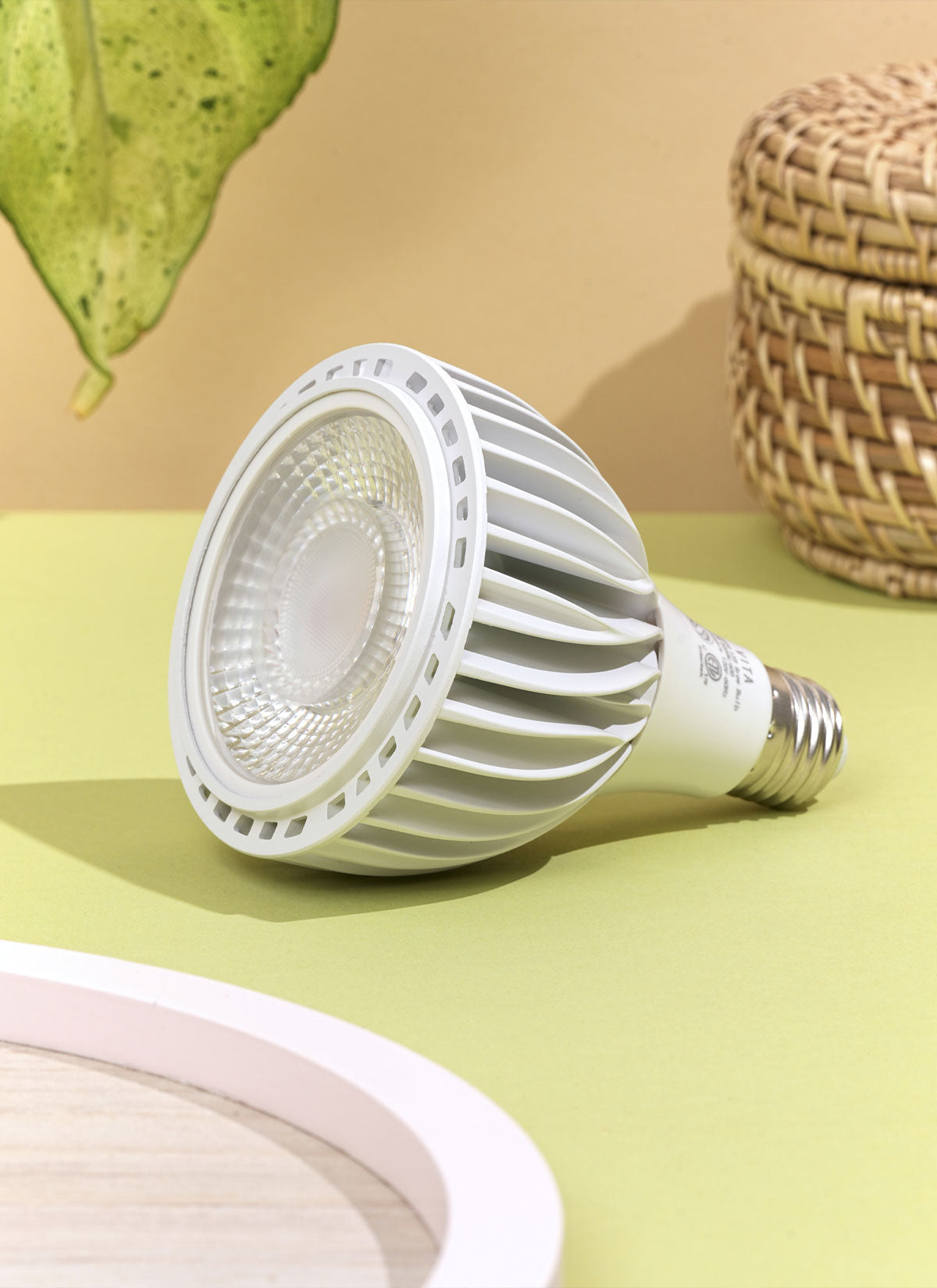Preferred Humidity: 60 - 70%; High Humidity
Stromanthe Triostar does best in places with high humidity, ideally between 60 and 70%. You can do this by using a humidifier, setting the plant near a tray of water, or putting it with other plants. Even though the plant needs bright, indirect light, it must be kept out of direct sunlight, which can dry out the leaves and hurt the plant. Keep the soil damp, but don't let it get too wet. Regularly water your Stromanthe Triostar, but make sure it has enough drainage to keep root rot from happening. Misting is a great way to make the air around your plant more humid. Use a fine mist spray, especially in the morning or evening, to water the leaves gently. Stromanthe Triostar can feel changes in temperature. Keep it away from air conditioning vents and drafts.




















